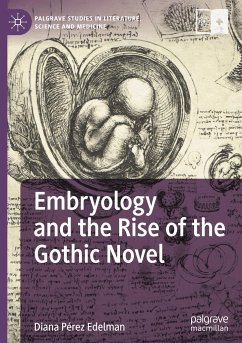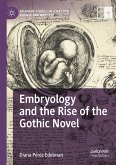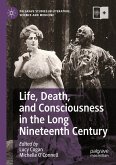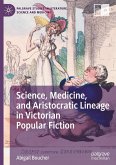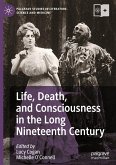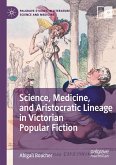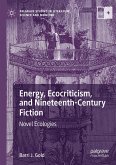This book argues that embryology and the reproductive sciences played a key role in the rise of the Gothic novel in the eighteenth and nineteenth centuries. Diana Pérez Edelman dissects Horace Walpole's use of embryological concepts in the development of his Gothic imagination and provides an overview of the conflict between preformation and epigenesis in the scientific community. The book then explores the ways in which Gothic literature can be read as epigenetic in its focus on internally sourced modes of identity, monstrosity, and endless narration. The chapters analyze Horace Walpole's The Castle of Otranto; Ann Radcliffe's A Sicilian Romance, The Italian, and The Mysteries of Udolpho; Mary Shelley's Frankenstein; Charles Robert Maturin's Melmoth the Wanderer; and James Hogg's Confessions of a Justified Sinner, arguing that these touchstones of the Gothic register why the Gothic emerged at that time and why it continues today: the mysteries of reproduction remain unsolved.
"Embryology and the Rise of The Gothic Novel is an interesting and well-researched monograph, offering original insights into the development of the Gothic alongside eighteenth-century embryological discourses. It provides a critical and informative literary-scientific perspective into well-known as well as understudied texts of Gothic literature. I recommend it as a reference for eighteenth-century Gothic fiction, specifically for researchers interested in epigenetic literature and embryological discourses." (Arwa F. Al-Mubaddel, The British Society for Literature and Science, bsls.ac.uk, June 6, 2024)

